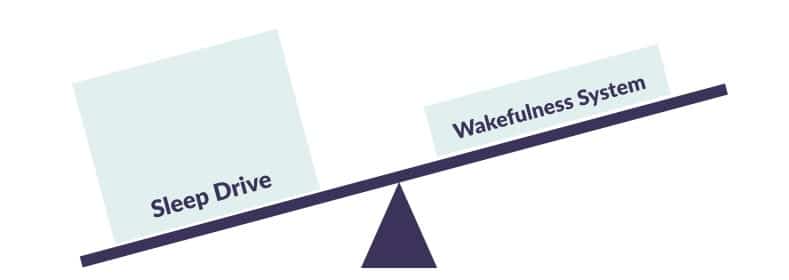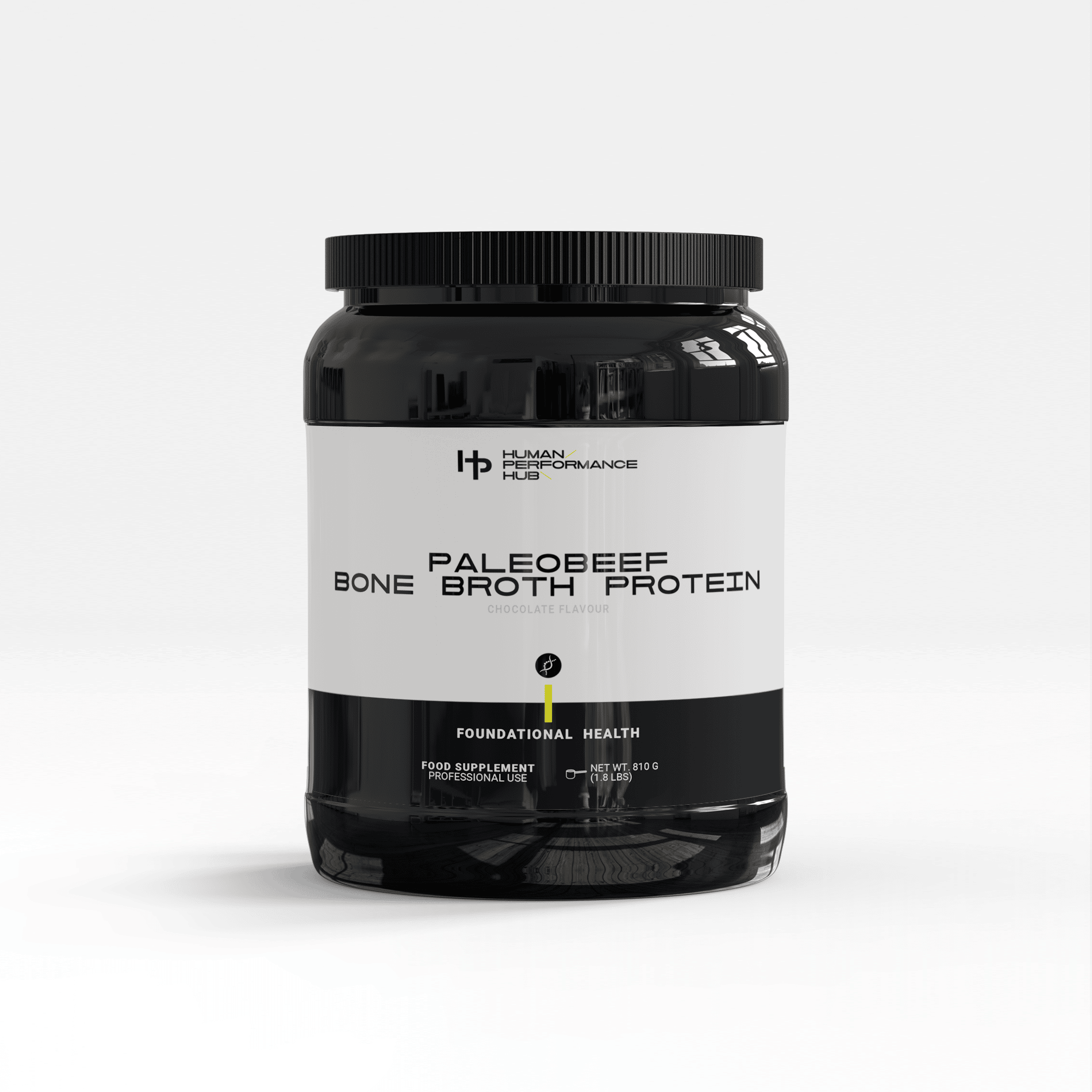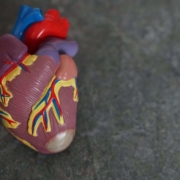“Breakfast is everything. The beginning, the first thing. It is the mouthful that is the commitment to a new day, a continuing life.
A.A. Gill
Writer and Food Critic, 28th June 1954 – 10th December 2016
Breakfast is the first meal of the day; some people look forward to a hearty, healthy first meal, but others simply skip the meal altogether; some people have eggs and bacon while others have toast and jam. Breakfast varies a lot between people and has a lot of conversation surrounding it. Some people say fasting is healthier, while others strictly advocate eating within an hour after waking up.
We aim to explain what a good breakfast includes; simply having breakfast is not necessarily healthy, but having a good breakfast is very beneficial. We want to give you a better picture and ideas for the most nutritious start to the day you can have through this article.
What is the current situation with breakfast amongst the population?
Convenience is a high priority with breakfast choices; we tend to look for the quickest option, which dates back to Greek and Roman times, where they consumed breakfasts with minimal preparation time (4). This is understandable with people leading busy lives where the morning can be full of tasks like taking the kids to school and commuting. Later on, we will provide you with some convenient, healthy breakfast solutions.
Perhaps more worrying than convenience is some concern with what people consume for breakfast in the UK, in particular children consuming far too much sugar at the very first meal of the day (1). One source has stated that by the time children are 10 years old, they have already consumed too much sugar for their age (2). This isn’t exclusive to the UK; this is a trend seen in much of the Western world. Sugar is not a great provider of nutrients, and so when we assess what a good breakfast is, sugar is not part of that picture.
What about adults? The trend gets better here; adults tend to have less of the sugary breakfast cereals that children commonly have, instead opting for toast, yoghurt, muesli and some go for a much better breakfast option, including eggs or fish (e.g. salmon).
What constitutes a great breakfast?
Good Breakfast Rule 1 – Avoid carbs; save them for later in the day.
We are typically told, advertised and recommended that a healthy breakfast includes carbohydrates to give us energy…when in fact, this is not the case. Carbohydrates increase a chemical messenger in the brain (a neurotransmitter) called serotonin. Serotonin is known to have a calming effect which is great in the evening prior to sleep but not for the start of the day.
We can all relate to the feeling of having a big bowl of pasta or porridge, and not long after having a tiring slump or drifting off, that’s the effect of the carbohydrates on your brain’s chemical messaging.
Good Breakfast Rule 2 – Get some good quality protein and fats.
After waking up in the morning, we want to increase focus, speed and drive for a productive day ahead. The neurotransmitters dopamine and acetylcholine guide these qualities.
What can we do to raise dopamine and acetylcholine?
These are increased by eating proteins and fats, so meats, oily fish, eggs, nuts, seeds, olive oil and healthy fats. So to start the day better, some high-quality protein with good fats is the best option. Coffee can also raise dopamine levels, so look for an organic coffee and a blend that suits you.
Charles Poliquin stated that the first thing you eat in the morning would dictate the neurotransmitters for the day ahead, making a good breakfast guideline.
The figure below from this past article represents there is a tipping point between wakefulness and sleep. The foods we eat can shift the balance one way or another; our food choices dictate our neurotransmitters (brain messaging).
Why does a good breakfast benefit my health?
Provided you have a good breakfast with quality animal protein and healthy fats, these are some additional benefits:
Stabilises blood sugar
- The blood sugar response does not spike as much; the more stable and consistent we can keep this, the better our energy levels, insulin sensitivity, and sleep.
Nutrient status
- You only have to compare the nutrients of scrambled eggs cooked in a bit of butter versus milk and cereal to see how much more a good breakfast provides your body. Many of us have vitamin and mineral deficiencies, so getting in a range of good quality nutrients is critical, and breakfast is an excellent opportunity to provide this.
- For example, eggs are a good choice because they contain: Vitamins A/E Vitamins B1/B2/B5/B9/B12 and Vit D, Choline, Magnesium, Zinc, Potassium, Iron and Omega 3’s.
Lower inflammation
- The likes of bread and dairy produce are not particularly great for your gut health, they can raise inflammation, and the gluten in bread can be bad for some people’s gut lining, so these are not the best options because they can have an inflammatory response.
Cognitive performance
- A few lines of research highlight better cognitive performances for those who eat breakfast, and a high protein and fat breakfast that increases dopamine and acetylcholine will only further help this. So getting quality nutrients in breakfast enables you to work mentally.
Are we getting enough at breakfast?
While most believe that we as a population generally overeat, some of us undereat. Undereating is also quite problematic, and people who do not get in enough calories and nutrients will often not sleep and stay asleep easily, lack energy in the day, experience some skin issues, and lack many micronutrients.
In the case of undereating people, we need to increase calories, and in turn, this will increase their metabolism, give them many more nutrients, vitamins and minerals, help their energy, sleep and fat loss. Together this is a better picture to reach your best state of health and best body composition, with breakfast being the perfect opportunity to get calories and nutrients your body needs for the day.
8 better breakfast options:
Choosing to have breakfast is the first step, then it’s about finding breakfast options that suit you and are as good as possible. The following options are numbered 1 – 8, with 1 being the easiest and quickest and 8 the most bang for your buck.
1. One to three handfuls of whole nuts or seeds chosen from cashews, walnuts, pecans, almonds, pumpkin seeds, pine nuts. You can have them roasted or salted. The key is to make sure to rotate the type of nuts and seeds you have continuously.
2. Coconut Yogurt or Skyr mixed with fresh or frozen raspberries.
3. Breakfast smoothie made from 1 to 3 tablespoons of vegan or beef bone broth protein powder with a handful of frozen berries, one tablespoon of nut butter and 300ml cold filtered water.
4. 1 to 12 whole eggs in any style of choice. If you fry them, fry them in coconut oil or grass-fed butter. Use any coloured salt to taste. Optional ingredients to add coin: Tomatoes, Peppers, Onions, Asparagus and spinach.
5. Smoked salmon or Smoked trout with a quarter of an avocado.
6. Pre-cooked leftover meat from last nights dinner, plus one handful of nuts or seeds. Choose from cashews, walnuts, pecans, almonds, sunflower seeds and pine nuts. You can have them roasted or salted are okay. The key is to make sure to rotate your nuts and seeds continuously.
7. Burger Patty with a handful of fresh or frozen blueberries.
8. Grilled ribeye steak with a hand full of Brazilian nuts.
Your goal is to try to get the higher numbers on this list as often as you can.
Drinks you can add include: water with optional lime juice, tea, coffee or espresso black with an optional spoon of coconut oil or cream, butter or heavy cream.
Note: no bread, cereal, yoghurt, juice, ham, cheese, syrup pancakes, waffles, milk and jam. This would not tie in with the excellent breakfast rule 1 and rule 2.
Research and misconceptions:
Science guides our government guidelines, rightly so. Still, sometimes it is like chopping through dense jungle and flicking off bugs to understand what findings are most probable and valid in the research.
There is a consensus that eating breakfast provides you with better cognitive performance and links with lower rates of obesity and weight gain and better outcomes with cardiovascular disease and stroke (reviewed in ref 4).
However, some studies show breakfast can be skipped for weight loss (5). Still, it is imperative to note they have a poor methodology and only look at weight…surely, you want to know what effect breakfast has on your wider health and day, not just your relationship with gravity.
Unfortunately, studies like this spark many people to skip breakfast and there are no real good reasons to do this.
Most regulating bodies and governments do not make suggestions on the composition of your breakfast which considers neurotransmitters. Thus, we are told carbohydrates are part of a good breakfast when it is not ideal in setting you up for the day.
Breakfast is a great chance to get in quality nutrients and calories which can.
Breakfast is a great chance to get in quality nutrients and calories which can set you up for the day, giving you lasting energy, stabilise blood sugar and influence your neurotransmitters to help you perform with speed and focus.
Consultations
We’re always here to help. If you have any questions or would like advice about supplements, nutrition, or training, please book in for a consultation.
Disclaimer
Always speak with your physician or other healthcare professionals before making any nutritional & lifestyle changes or before taking any nutritional supplement. For more information, please view our terms & conditions.
Further Reading:
- Kids devouring too much ‘breakfast sugar’ warning
- gov.UK – 10 year olds in the UK have consumed 18 years’ worth of sugar
- This Uncommon Breakfast Increases Brain-Drive, Motivation, and Fat-Burn
- Breakfast in Human Nutrition: The International Breakfast Research Initiative
- Effect of breakfast on weight and energy intake: systematic review and meta-analysis of randomised controlled trials
- The cortisol awakening response (CAR): Facts and future directions












